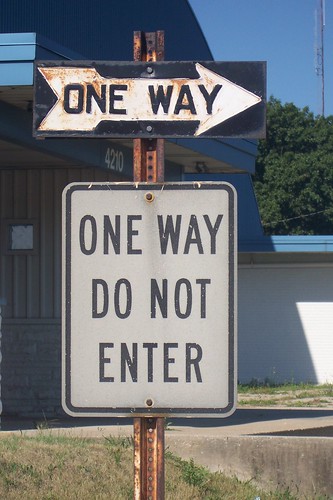I teamed up with Jillian Clarke to organise a mini-conference event.
Jillian lives in my region, works for the same organisation and has a work interest in communities of practice like me, it was a natural step to link up and collaborate with our mini-conference event. During the FO2010 course, we had several really interested conversations and exchanges, and in these the germ of the idea for our mini-conference was found.
Organising and facilitating the event as a duo was a more meaningful learning experience for me because this how I want to organise events in my work.
In organising the event we used Google Docs and Skype to record our collaborative decisions and share ideas both synchronistically and a synchronistically.
We used the word processor in oogle Docs to make up a table listing responsibilities in sequential order and allocated who was primarily responsible and who was the back-up, and when the task was completed.
Jillian had some unexplained problems with using Google Docs and this slowed down our work.
We had a very useful practice session with our presenter Kayleen Gordon in Elluminate web conferencing platform on the Sunday before the session. This was essential for sorting out some problems that would have otherwise crippled the session.
For both Jillian and myself, both work and homelife combined to make the week leading upto tour mini-conferencing event a week form hell. This impacted on our ability to get on top of our event. Giving adequate attention to the event publicity, was a problem. So it goes. We could have done this better.
When the event started, I could see that of the group attending our event, most were familiar through FO2010 that all but one of the attendants were familiar with the Elluminate environment. Jillian had helped a newby colleague of hers, and provided one on one guidance to her before and during the during the session to nurture her in the use of the Elluminate web conferencing tool.
We promoted our event with Twitter using the #FO2010 hashtag and via the Facilitating online Google email list group. These linked back to info in the course’s wiki. It was also promoted on Jillian's blog. I did not repeat the publicity on my blog as this seemed excessive.
We made a minimal number of introductions at the start of the session as this saved time. This seemed appropriate given all but one of the participants had been interacting extensively though the life of the course.
I was pleased with my summary I gave at the end of the session. I used a mind map to make notes of the presentation. I managed to cover the presentation by Kayleen Gordon and many of the themes in the discussion and question session a the end. Our timing was good. We ran to time and I think we discussed the topic for correct amount of time-not to short and not to long.
Many issues and learnings came up in the discussion session because of the the sharing of the participants. I at one stage, stepped out of my facilitator's role and gave a comment based on my own perspective. However, I made it clear that , this was what I was doing and then stepped backed into the facilitator role.
The discussion went off the set topic of "opportunities and challenges" but I felt really comfortable about this. I think we adapted to the learning needs and interests of the session's participants.
We kept to time and a had a good ending.
We had some good feedback on our event which we asked people top post on Jillian's Blog.
We only got a few comments but we value them highly. The feedback comments above have informed some of this reflection.
My follow-up of the event has been pretty weak again because of work and home issues. The arrival of new baby in my extended family has been a priority.
There was a mix up in the url link to the recording of the session and no one noticed this for several weeks until I came to listen to the session in preparation for writing this.
In the future as I try to introduce web based conferencing into my workplace, I'm going to need to put a lot more effort into:
- Guiding and supporting people with the ITC.
- More effort in marketing and getting a large attendance.
- More effort in introductions in order to create relationships.
- More effort in evaluation.
I going to follow some advice Tweeted from Gov 2.0 expert Craig Tomler, which was to "Think Big, Start Small and Fail fast." It makes sense.
My main gaol is to consolidate my skills and learnings from Facilitating Online 2010 course lead by Sarah Stewart and to explore using the new Web 2,0 tools to find better ways of promoting heath.
In concluding, I would like to say that I found this the whole Facilitating Online 2010 course a kick ass learning experience. Thanks to everyone who shared and asked questions throughout this course.
I would particularly like to thank Jillian Clarke my co-facilitator at this mini-conference event and Kayleen Gordon, our most capable presenter.
I also would like to thank Claire Thompson with whom I co-facilitated one of the earlier course sessions. It didn't go as well as this mini-conference event but it worked OK. I sure learnt at lot with Claire.
If you want to watch the recording of our mini-conference event the correct link can be found here.

